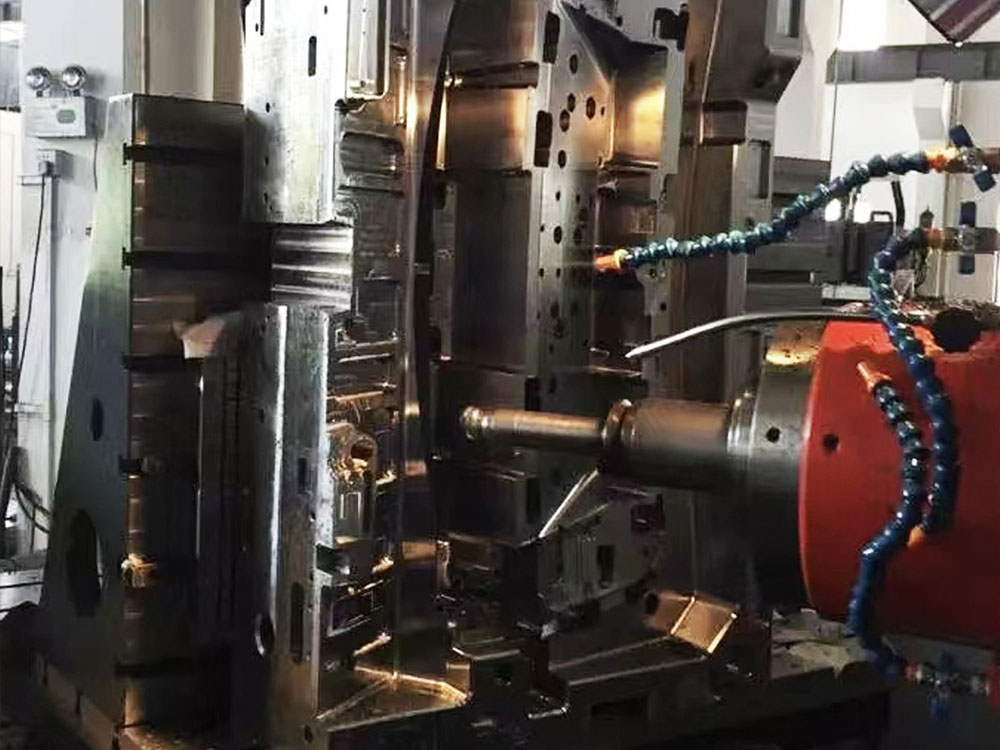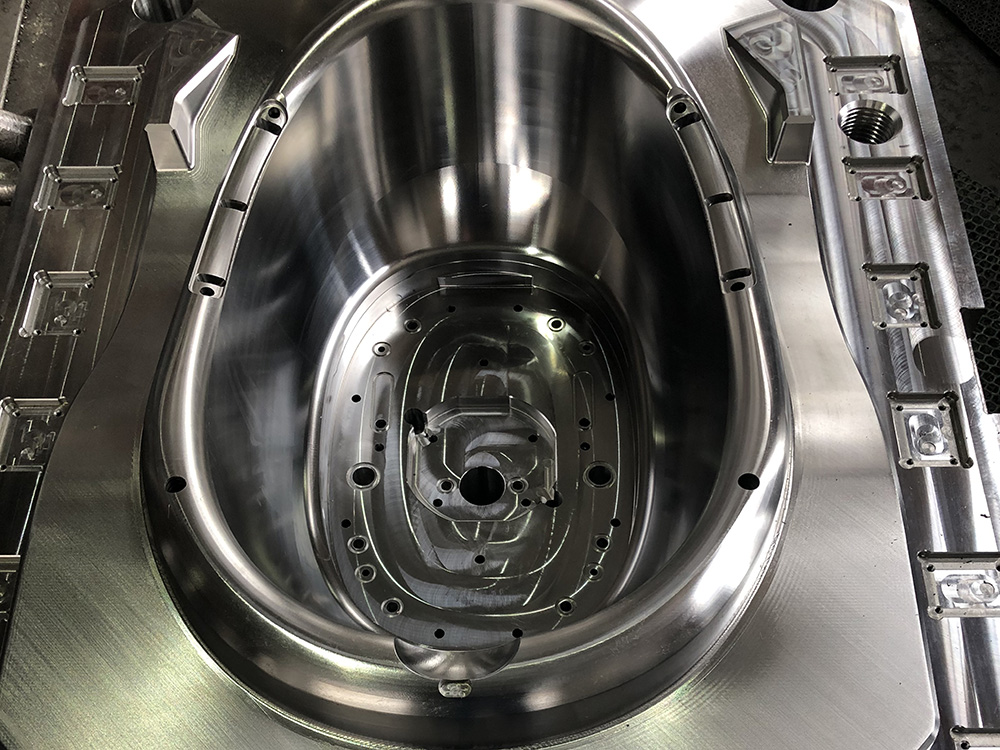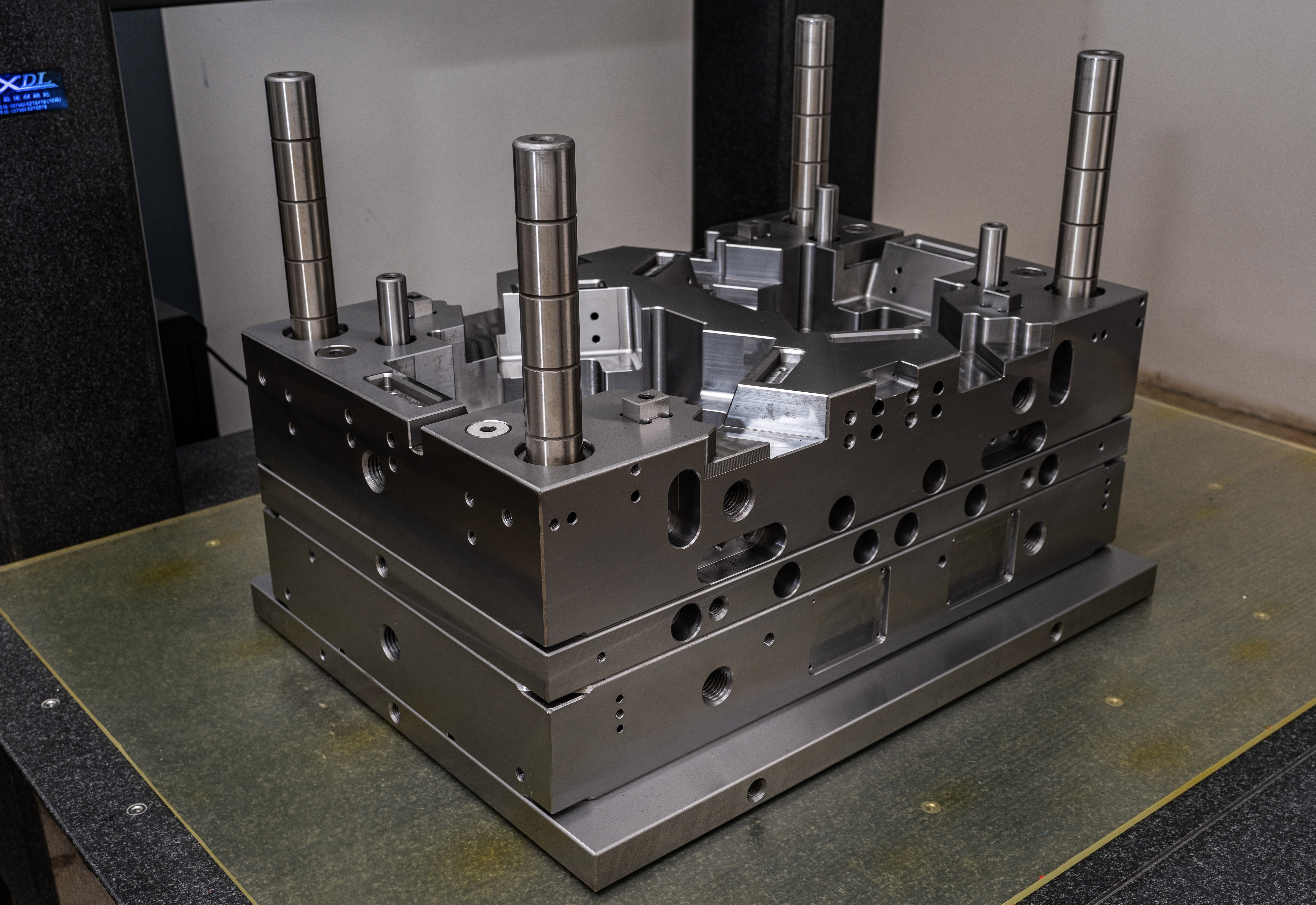The Prospects of Development for Modular Construction Manufacturers
Modular construction has become a popular method in the construction industry due to its numerous benefits such as cost-effectiveness, time-efficiency, and sustainability. As a result, there is a growing demand for modular construction manufacturers, particularly in the mold base industry. This article explores the prospects of development for modular construction manufacturers, focusing on their potential growth opportunities and challenges.
Growth Opportunities
1. Increasing adoption of modular construction: The construction industry is embracing modular construction methods as they offer significant advantages over traditional on-site construction. With the rising demand for affordable housing, rapid urbanization, and the need for sustainable building practices, modular construction is expected to expand in the coming years. This presents a favorable growth opportunity for modular construction manufacturers.
2. Technological advancements: The mold base industry has witnessed significant technological advancements, enabling manufacturers to produce high-quality modular units efficiently. From computer-aided design (CAD) software to robotics and automation, these technological advancements enhance productivity, precision, and customization capabilities, leading to improved customer satisfaction and market growth.
3. Increased government support: Governments worldwide are recognizing the benefits of modular construction and are implementing supportive policies and regulations. These initiatives aim to encourage the use of modular construction methods to address housing shortages, promote sustainability, and stimulate economic growth. Government support provides manufacturers with a favorable business environment and financial incentives, contributing to their growth and expansion.
4. Export opportunities: The modular construction industry has the potential to expand its market reach through export opportunities. As modular construction continues to gain popularity globally, manufacturers can tap into international markets and collaborate with developers and contractors from different countries. With proper marketing strategies and quality assurance, modular construction manufacturers can establish themselves as reputable global suppliers, further enhancing their growth prospects.
Challenges
1. Limited skilled labor: The rapid growth of the modular construction sector has resulted in a shortage of skilled labor. It poses a challenge to manufacturers as they require proficient technicians and engineers who can manage the production processes effectively. To overcome this challenge, companies need to invest in training programs and attract skilled professionals to ensure the smooth operation and growth of their business.
2. Ensuring quality control: Maintaining consistent quality across modular units is crucial for manufacturers to gain trust and credibility in the market. However, challenges may arise in achieving standardized production processes, ensuring proper installation, and meeting quality control standards. Manufacturers need to develop robust quality control measures, conduct regular inspections, and invest in testing equipment to deliver high-quality modular units.
3. Market competition: As the modular construction industry expands, the competition among manufacturers intensifies. To thrive in a highly competitive market, manufacturers should differentiate themselves by offering innovative designs, sustainable practices, cost-effective solutions, and exceptional customer service. They must continuously adapt to changing customer demands, market trends, and technological advancements to stay ahead of the competition.
4. Regulatory compliance: Modular construction manufacturers need to comply with building codes, industry regulations, and safety standards to ensure the structural integrity, durability, and safety of their modular units. It requires meticulous planning, adherence to strict guidelines, and coordination with regulatory authorities. Manufacturers must stay updated with the evolving regulatory landscape and comply with all necessary certifications to avoid legal repercussions and maintain their reputation.
Conclusion
The prospects of development for modular construction manufacturers are promising, driven by the increasing adoption of modular construction, technological advancements, government support, and export opportunities. However, challenges such as limited skilled labor, ensuring quality control, market competition, and regulatory compliance need to be addressed effectively. By strategically addressing these challenges and capitalizing on growth opportunities, modular construction manufacturers can thrive in this evolving industry and contribute to the advancement of sustainable and efficient construction practices.




